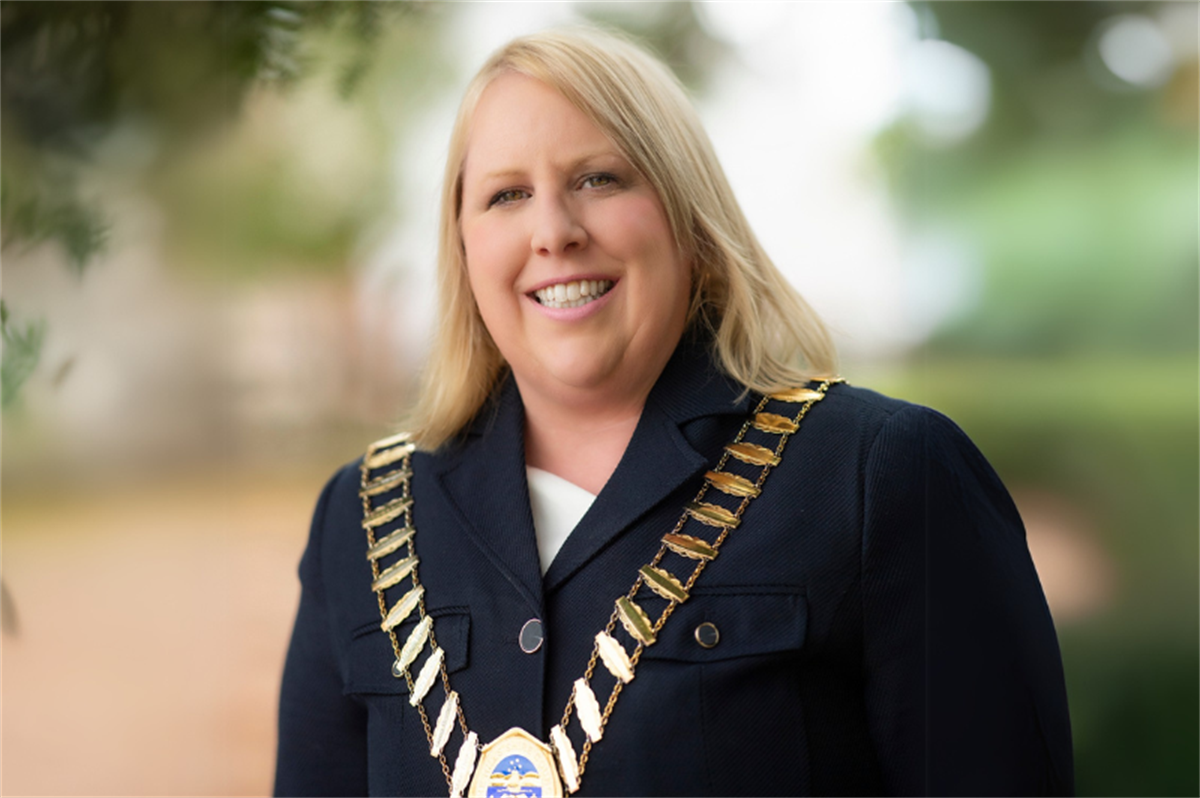
alumnus Haylene Grogan has described the first few months of her job as Queensland’s first Chief Aboriginal and Torres Strait Islander Health Officer as “coming home.”
The proud Kuku Yalanji and Tagalaka woman started her career in health as a nurse in 1983 and said she was “loving” her new position, calling the new role a step in the right direction in improving health outcomes and equity for Aboriginal and Torres Strait Islander people.
“It is important to have an advocate at the most senior level,” Haylene said.
“We might have champions or leaders, but it is very different to have a voice at the table.”
“It is a constant reminder about putting First Nations people first, which is not always at the forefront of people’s minds.”
The Officer, who graduated from Griffith with a Master of Health Administration, said she had been focusing on community engagement, a health equity reform agenda and a workforce agenda since taking up the role last October.

“I am working to have Aboriginal and Torres Strait Islander people represented (in Queensland Health), from gardeners to surgeons, and that is progressing with Aboriginal and Torres Strait Islander capability framework,” she said.
Haylene said to support Aboriginal and Torres Strait Islander people in both higher education and health, any change needed to start at a grassroots level.
“We have come a long way but we have to start in primary schools,” she said.
“We have to start in schools, seeing what we need to do to ensure that there is one: an interest in students wanting to be in these sectors and two: a structured and dedicated way in Queensland that we get them from Year 12 into further earning or learning.
“Then after school there needs to be funding and accommodation support – it’s as simple as that.
“Finances are a big barrier to Aboriginal and Torres Strait Islander people studying.
“Our mob having access to scholarships makes a big difference.”
Haylene had fond memories of Griffith, where she took full advantage of , which supports Aboriginal and Torres Strait Islander students.
“I think I spent more time at GUMURRII than anywhere else,” Haylene said.
“GUMURRII has continued with a strong presence and the First People can have the choice to have that support and opportunity to come together with other students.”
“Having that one unit, with the connections and that broader family or cultural connections, is really important.”
She also spoke highly of Griffith’s .
“The thing with a lot of research over the years – including health research – it is presented without any cultural perspective, which is not useful in terms of practical application,” Haylene said.
“Having a whole unit such as the First People’s Health Unit, which places emphasis on cultural perspectives, makes a difference not just within Griffith, but in broader sectors.”







